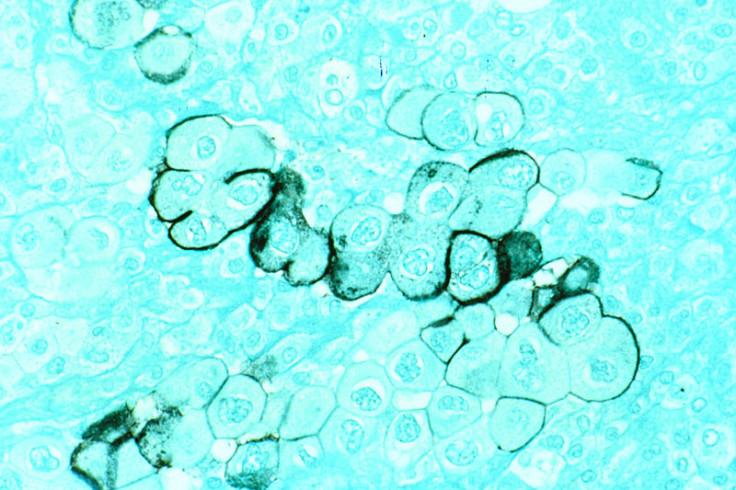Pancreatic cancer cells turned back into normal cells in research breakthrough

Pancreatic cancer cells have been turned back into normal cells, providing hope for new treatments for the disease.
Pamela Itkin-Ansari, from the Sanford-Burnham Medical Research Institute and lead author of the study published in the journal Pancreas, said it appears pancreatic cancer cells retain a "genetic memory" of being a normal cell – which they will be able to exploit.
The researchers were able to turn the cancer cells back by introducing a protein called E47. This binds to specific DNA sequences and controls genes that are involved with differentiation and growth.
The authors generated human pancreatic cancer cells to create higher-than-normal levels of E47. The increased protein levels caused cells to stall in the growth phase and turn back into non-cancerous cells.
When introduced to mice, the ability to form tumours was significantly reduced compared with the untreated cells.
Andrew M Lowy, co-chair of the National Cancer Institute's Pancreatic Cancer Task Force, said: "Presently, pancreatic adenocarcinoma is treated with cytotoxic agents, yet the average survival for patients post-diagnosis is merely six months, and the improvements in therapies are measured in days.
"The finding that we can differentiate these cancer cells back to a non-threatening phenotype is encouraging. Indeed, there is a precedent for cell differentiation therapy in that the approach has been used to treat acute promyelocytic leukemia (APL) and some neuroblastomas successfully."
Pancreatic cancer is one of the most deadly forms of the disease, with just 1% of patients predicted to survive for 10 or more years. In 2012, 8,662 people died from pancreatic cancer. It is known as a silent killer because symptoms often do not present until it is in the advanced stages.
Itkin-Ansari said they now plan to test patient-derived tumour tissue to see if the results are similar, which could lead to a novel therapeutic approach to treat the disease: "Additionally, we are screening for molecules – potential drugs – that can induce overexpression of E47."
© Copyright IBTimes 2025. All rights reserved.






















